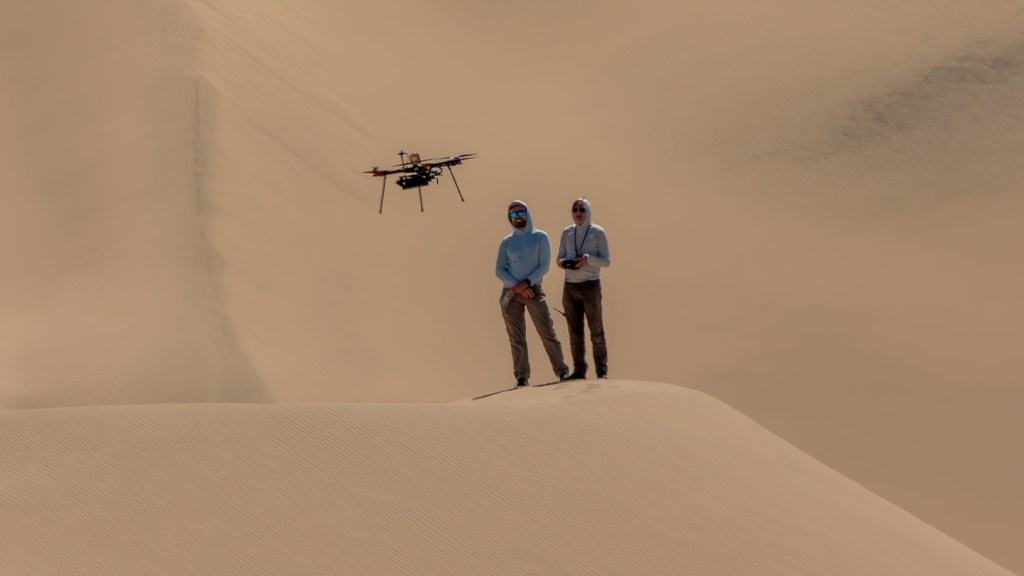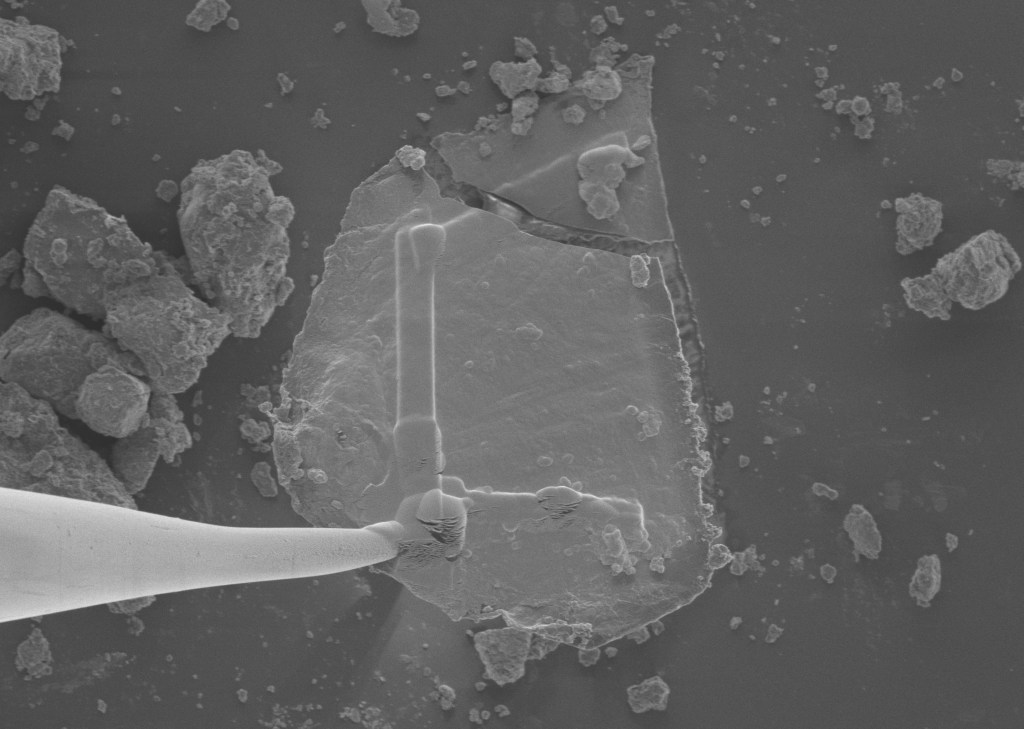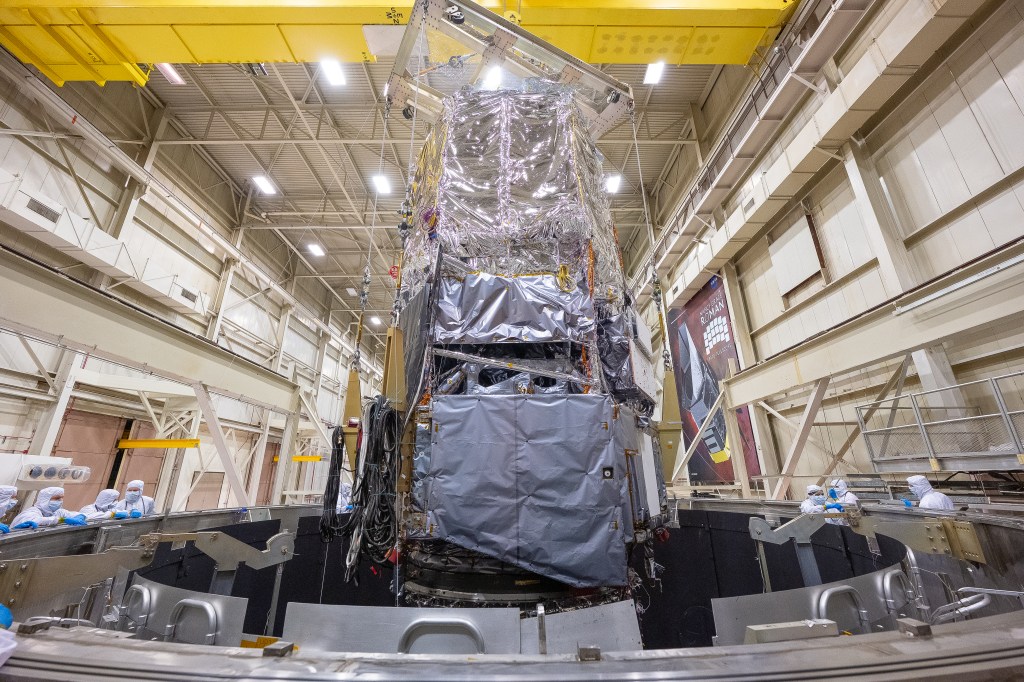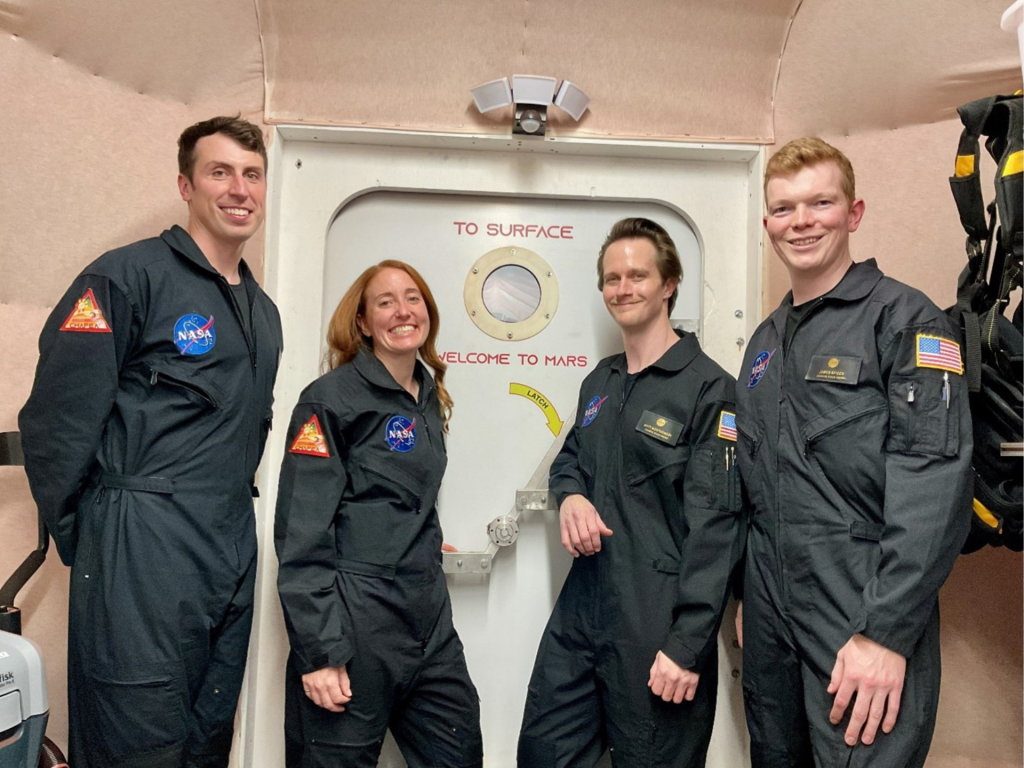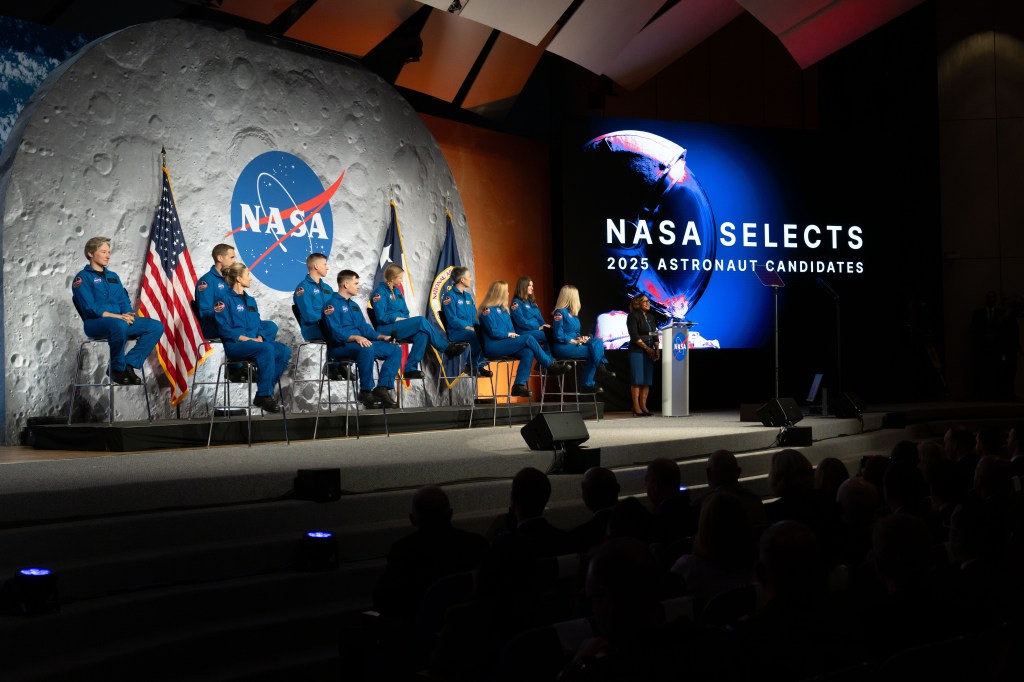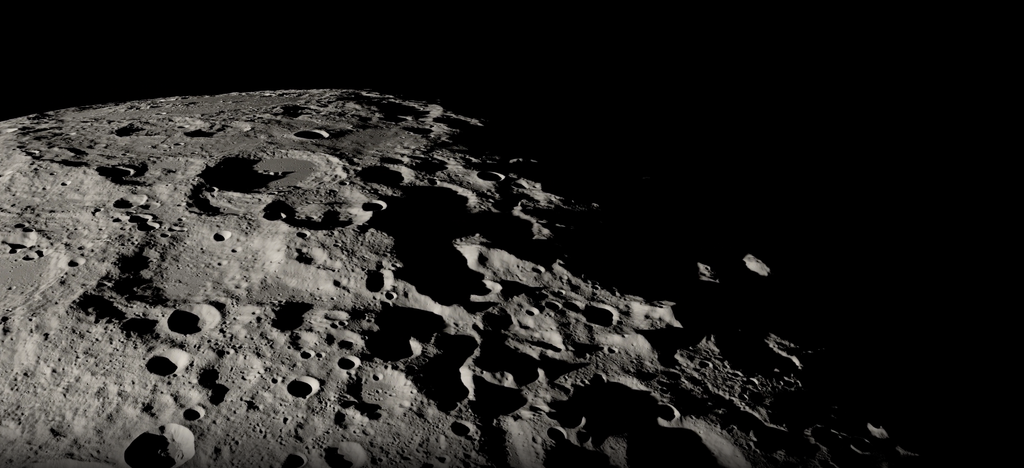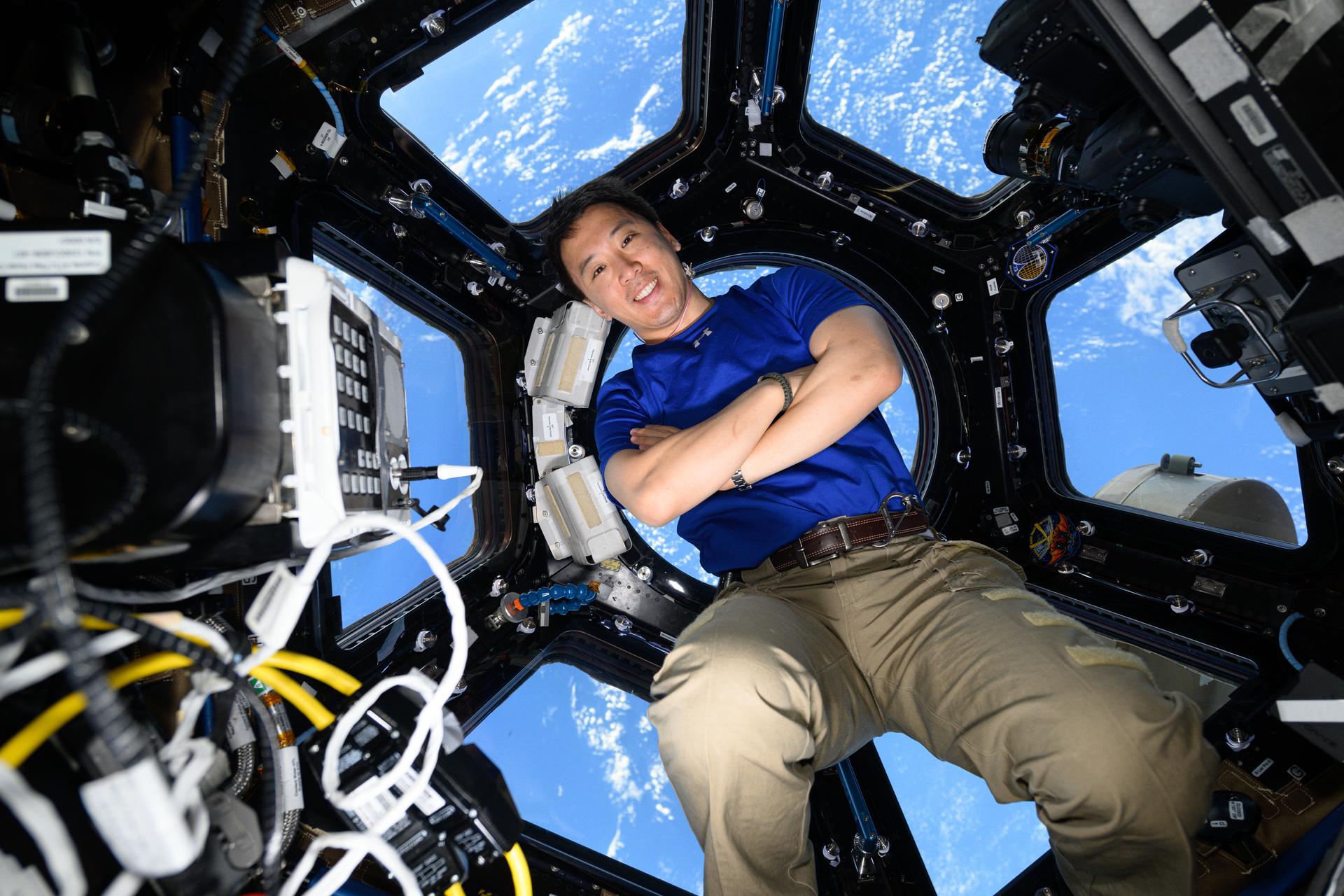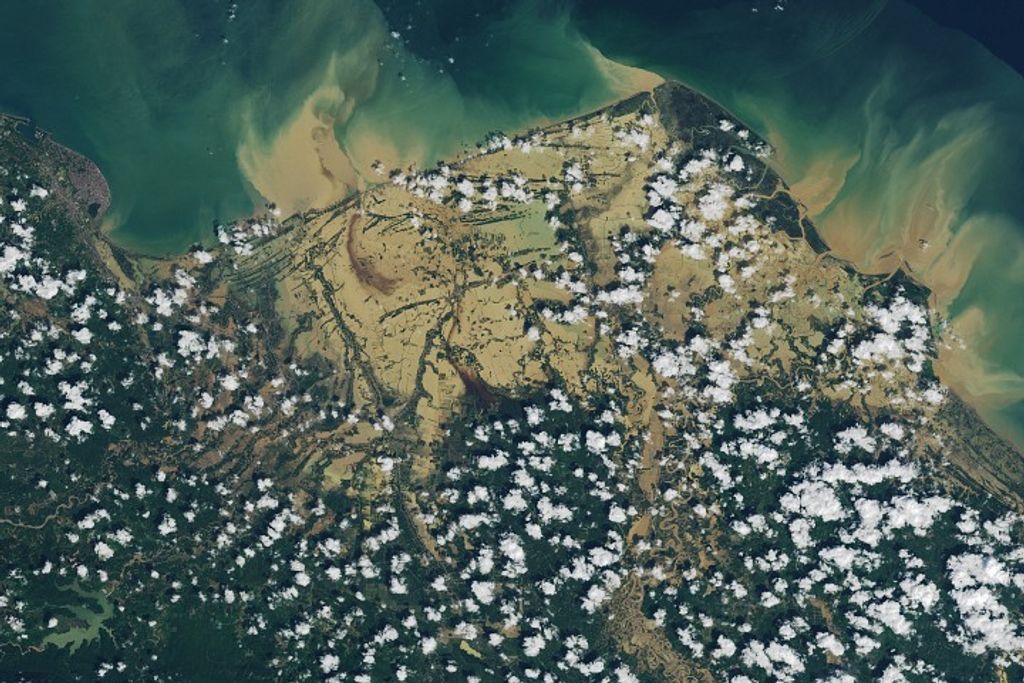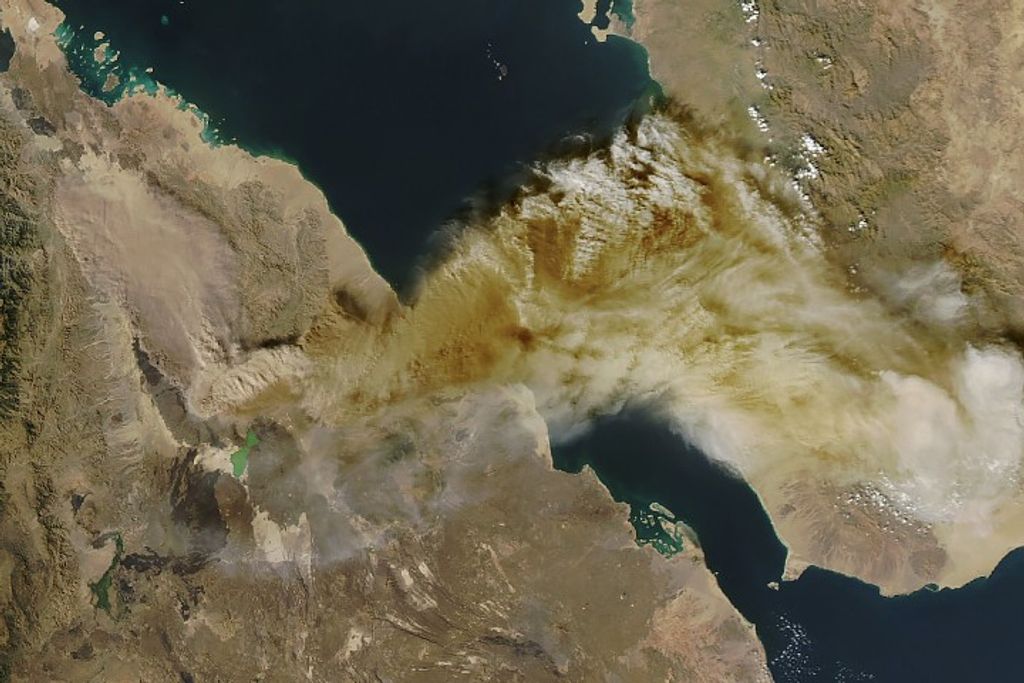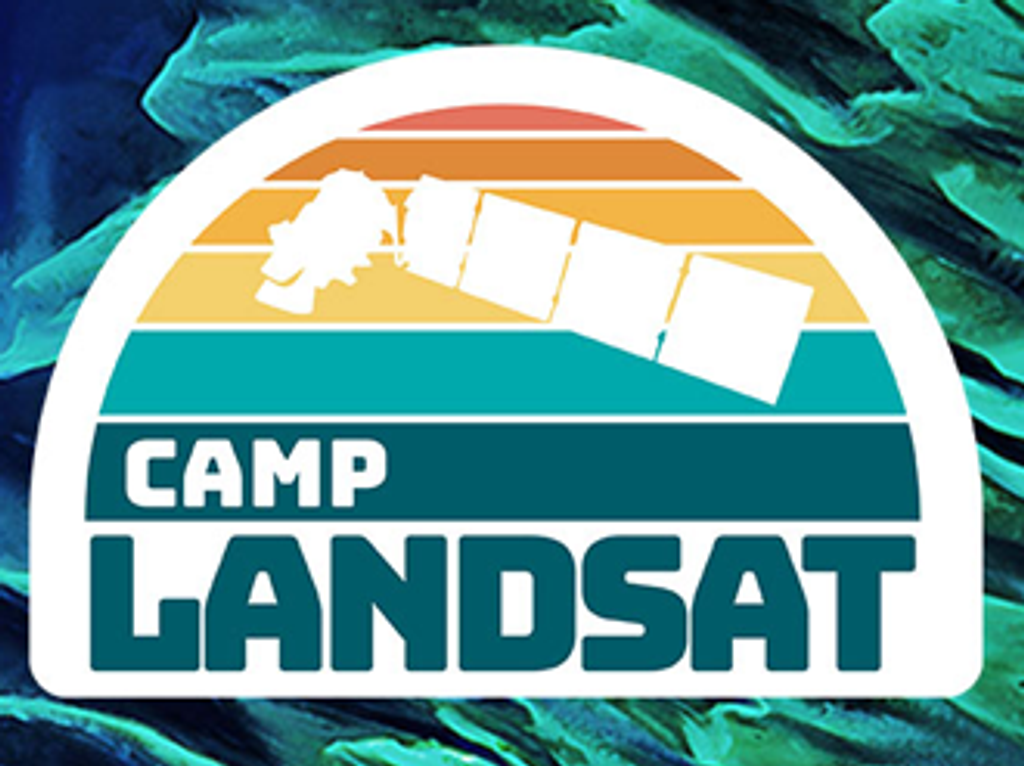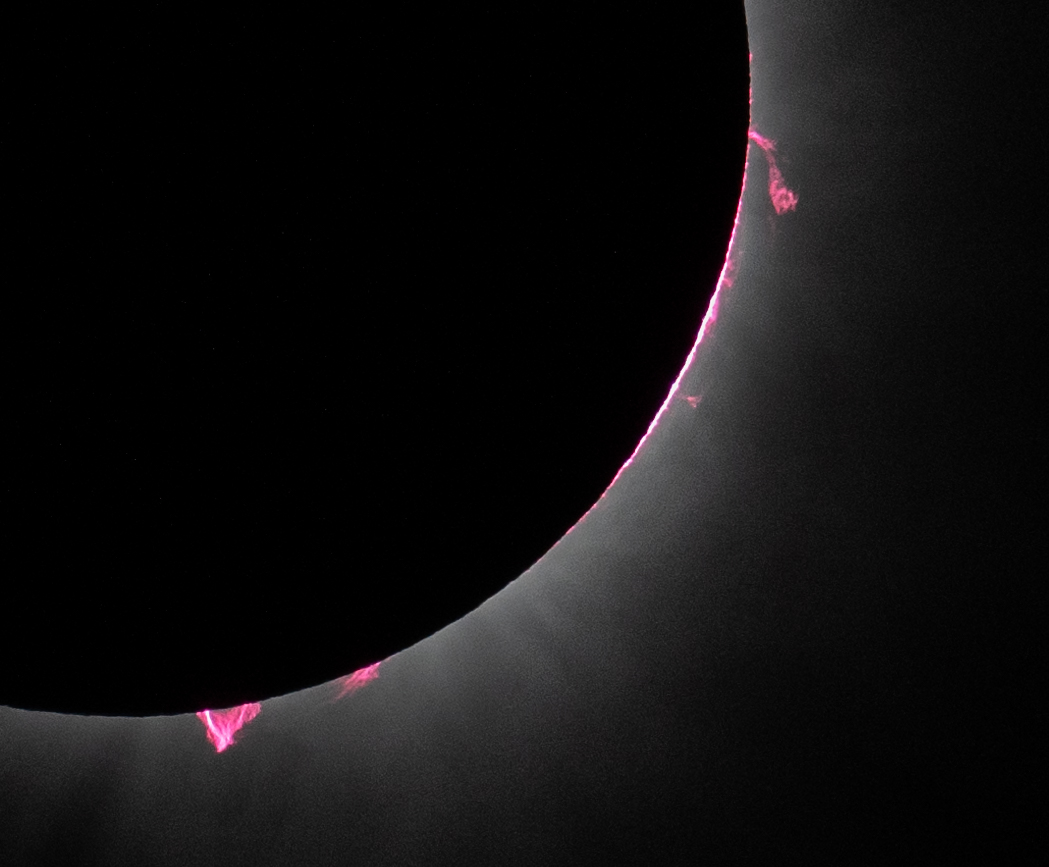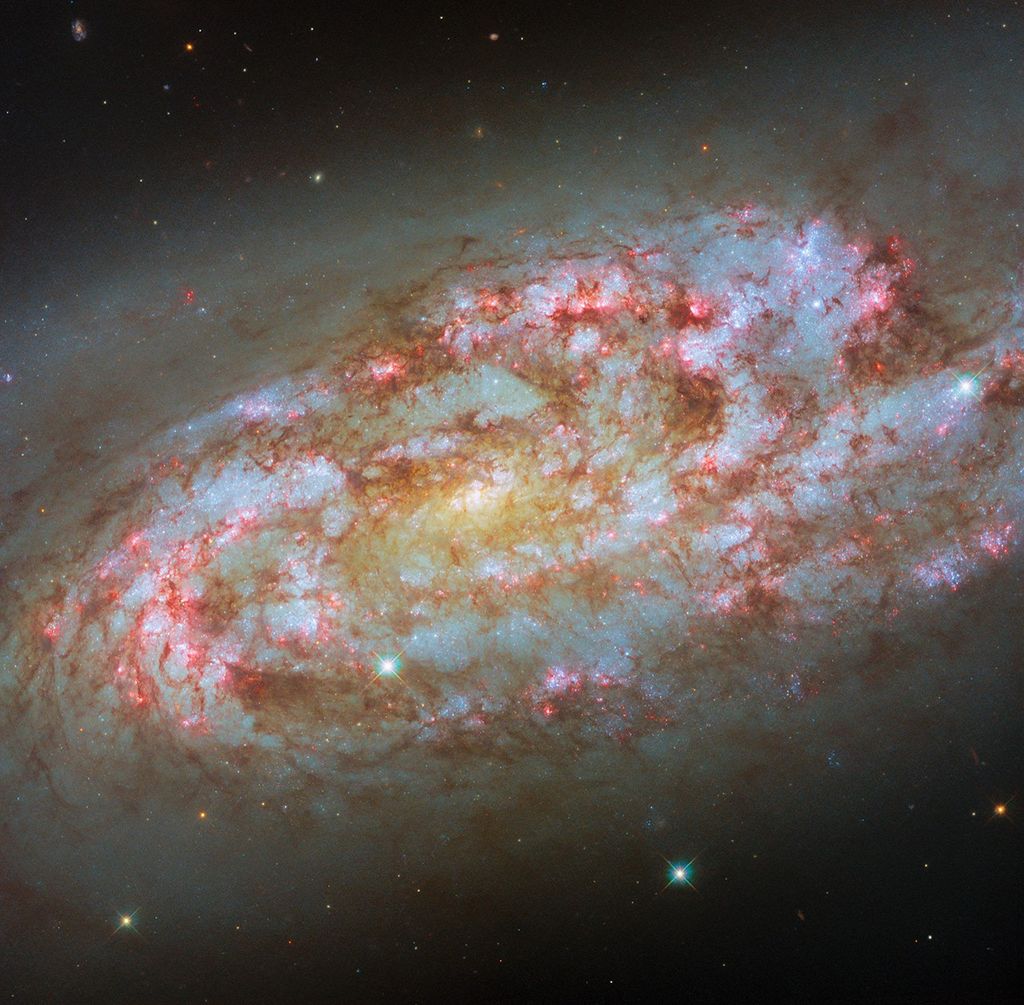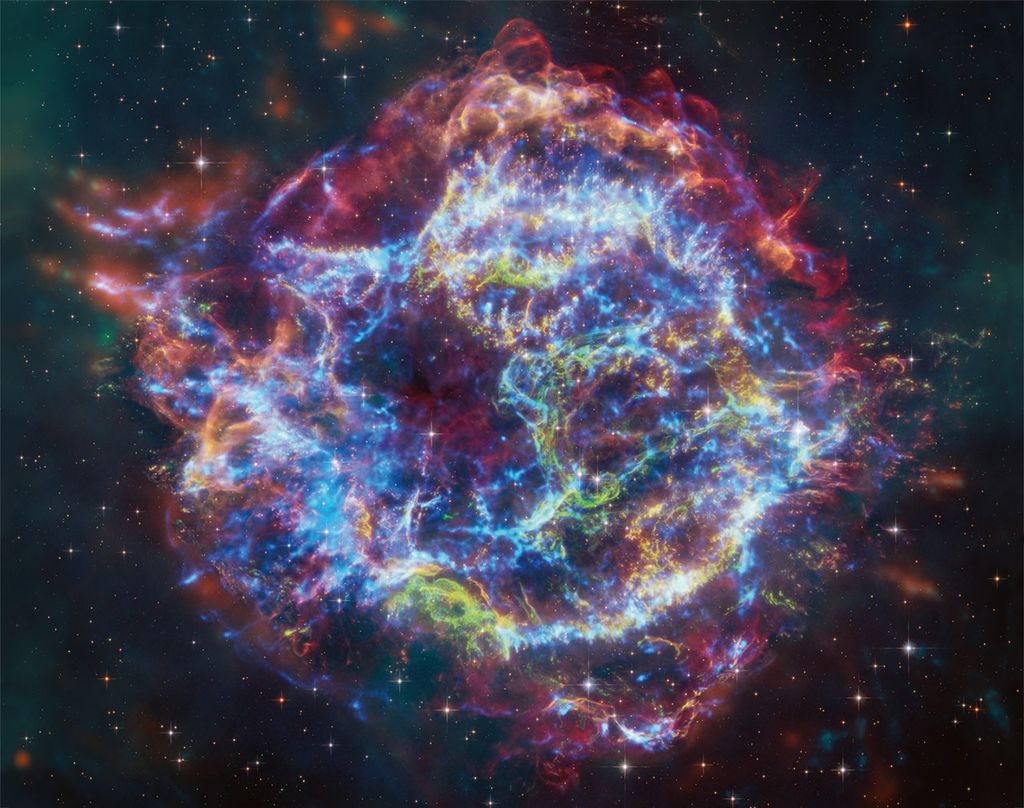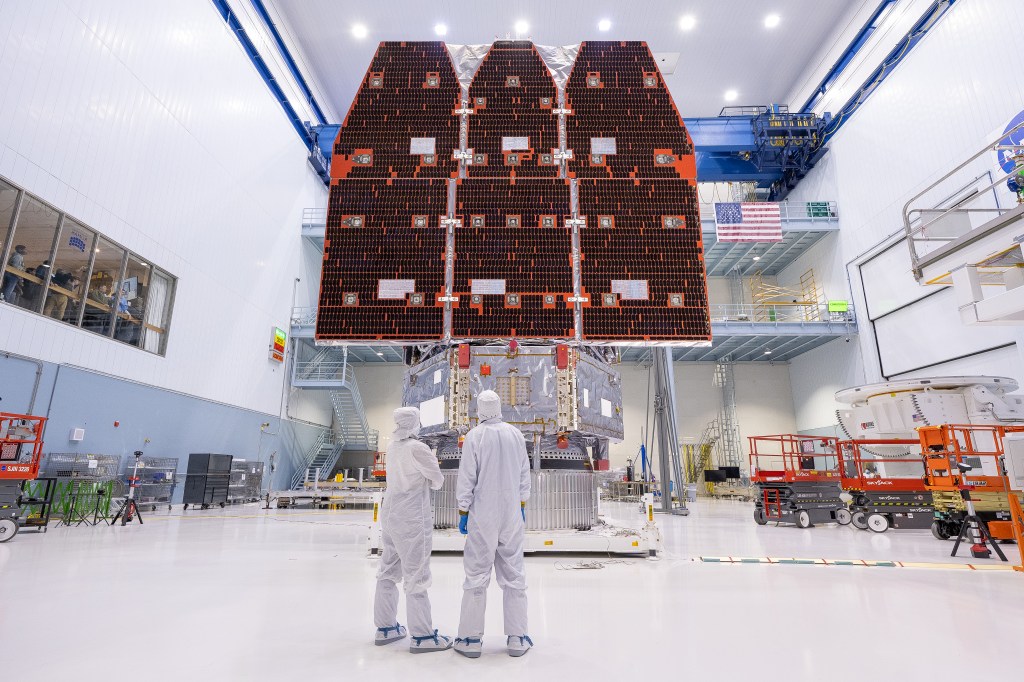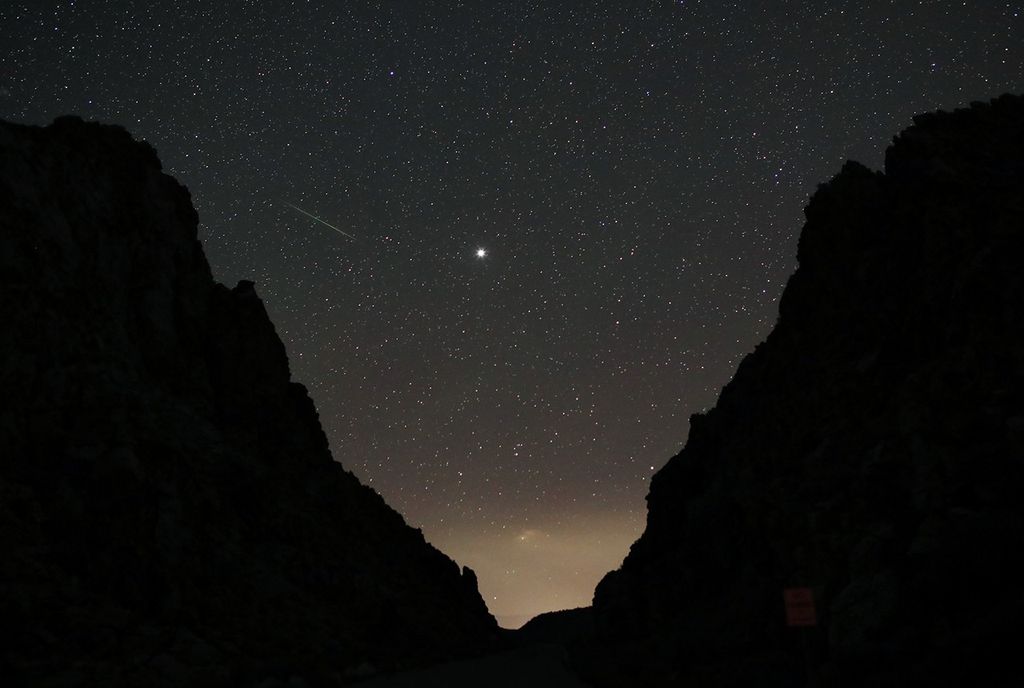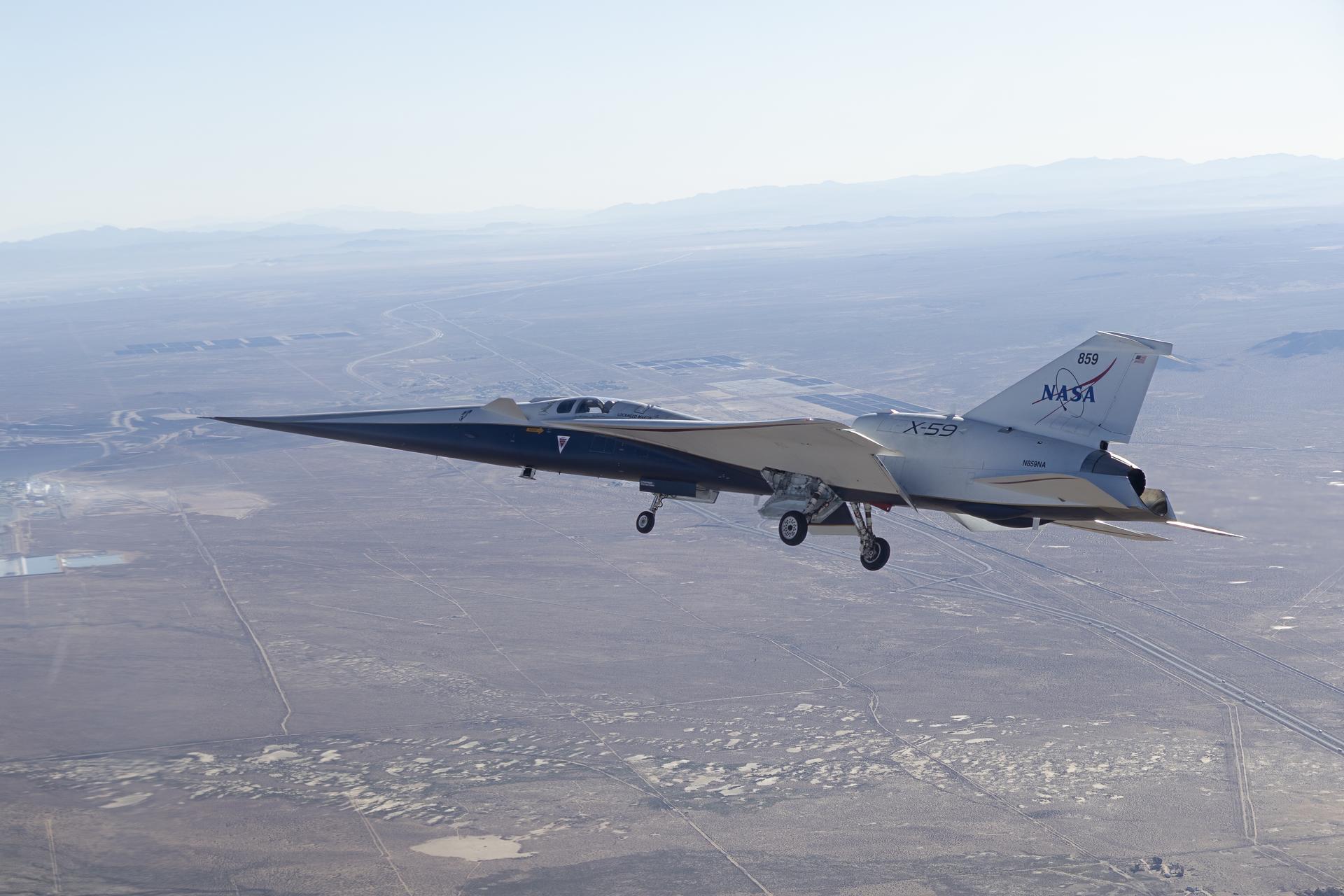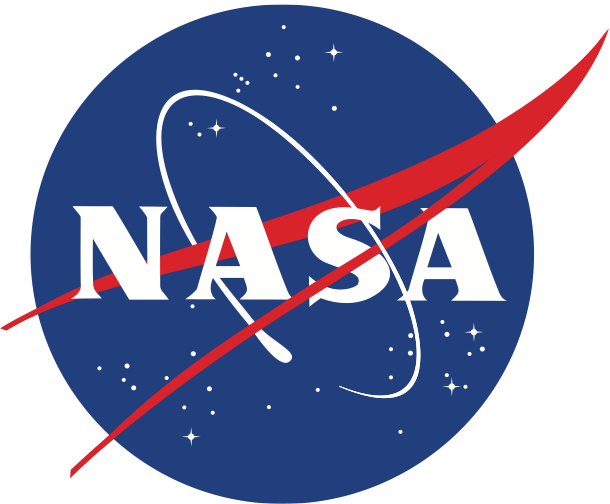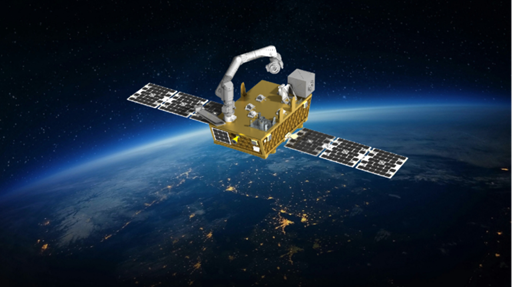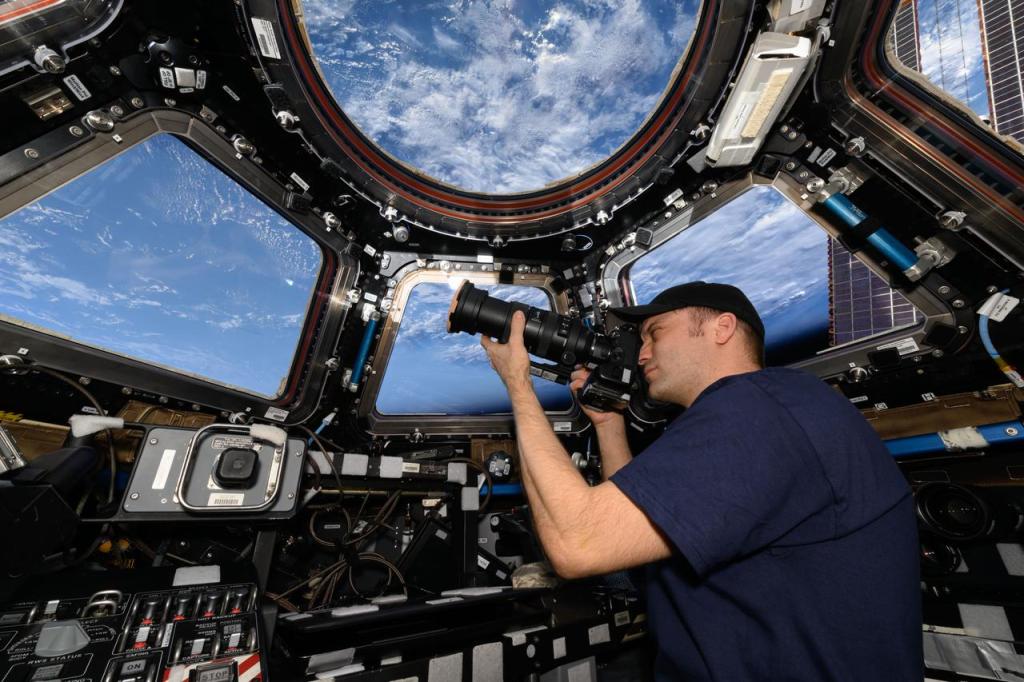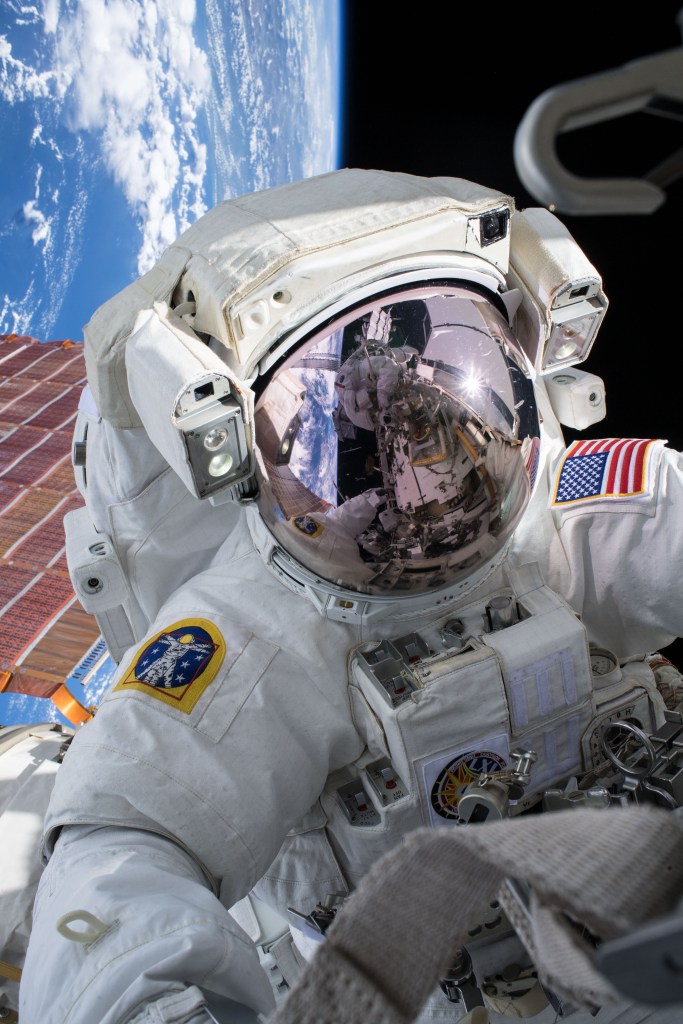NASA’s Goddard Space Flight Center in Greenbelt, Maryland will host the latest virtual Getting to Know Goddard session – “The Search for Life: From Test Tubes to Rocks to Worlds We Cannot See,” on Tuesday, October 12, 2021, from 1 to 2 p.m. EDT.
Much of NASA’s science and exploration work is focused on learning how life formed and evolved, as well on finding evidence of life — or life itself — beyond Earth. The science and engineering efforts needed to address these questions are organized into a field known as astrobiology, which encompasses such disciplines as chemistry, biology, physics, geology, and others. Many Goddard scientists contribute to these efforts, whether through participating in active and future missions to Mars, Jupiter’s moon Europa or Saturn’s largest moon Titan; lab experiments; or theoretical modeling that aims to narrow the selection of exoplanets (planets around other stars) that will make for promising candidates to search for biosignatures (signs of life) with the forthcoming James Webb Space Telescope. In this session, Goddard scientists will talk about how they search for the precursors of life in meteorites and asteroids, and for life’s chemical fingerprints on other worlds. They’ll also address a fundamental yet vexing question at the heart of NASA’s search for life: Will we recognize life when we see it?
Speakers:
+ Heather Graham, organic geochemist in Goddard’s Astrobiology Analytical Laboratory
Dr. Graham focuses on the development of fundamental tools and techniques that can help identify “agnostic biosignatures” – in other words, evidence of living systems that may not share common biochemical heritage with life on Earth. Graham collaborates widely with missions to small bodies (NASA’s OSIRIS-REx, which is managed by Goddard, and Japan Aerospace Exploration Agency’s Hayabusa2), planetary missions (NASA’s Mars Science Laboratory) and has field experience in locations ranging from kilometers deep in the subsurface of cratons to the treetops of the Neotropical rainforests.
+ José Aponte, astrochemist in Goddard’s Astrobiology Analytical Laboratory
Dr. Aponte develops analytical methods to measure the isotopic and enantiomeric signatures of small organic compounds that are present in meteorites and that may have been relevant to the origins of life on Earth and possibly elsewhere. Aponte is a scientific co-investigator for the NASA Astrobiology Institute at the Goddard Center for Astrobiology and a collaborator on the science teams for asteroid sample return missions OSIRIS-REx and Hayabusa2.
+ Hannah Kaplan, research space scientist in Goddard’s Planetary Systems Laboratory
Dr. Kaplan uses remote sensing to understand the composition of planetary surfaces, asteroids, and meteorites, with the goal of determining the distribution of water and organics in our solar system. Kaplan is a member of the science teams of OSIRIS-REx and the L’Ralph instrument on NASA’s Lucy spacecraft, which is managed by Goddard and launching in October 2021 on a 12-year mission to study Trojan asteroids.
The session will be broadcast and available for free to the public at https://video.ibm.com/channel/nasa-gsfc.
Advance questions may be submitted to https://gsfc.cnf.io/sessions/zrs1. Questions during the presentation may be submitted using the chat feature next to the video.
If you would like to request an accommodation (e.g., sign language interpreter, captioning service, reader services, etc.) to participate in this program, please contact Merechia Davis, disability program manager in the Goddard Equal Opportunity Programs Office, at 301-286-0561 or merechia.n.davis@nasa.gov.
The Getting to Know Goddard speaker series was created to introduce the work being done at Goddard to the public. If you would like to join our mailing list to receive notifications about events like Getting to Know Goddard, please join our mailing list at https://nvite.jsc.nasa.gov/RSVP/?id=8gkce.
Cynthia O’Carroll
NASA’s Goddard Space Flight Center, Greenbelt, Md.

